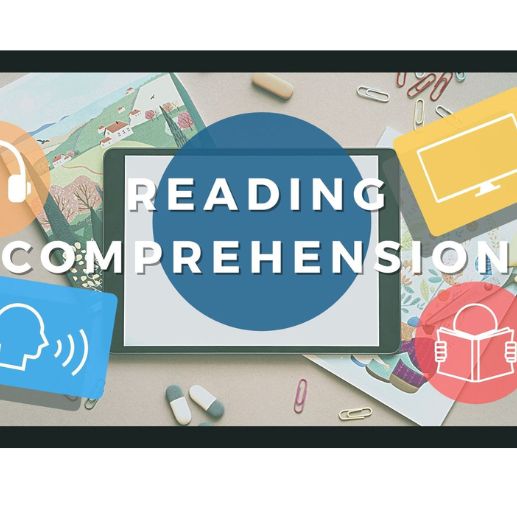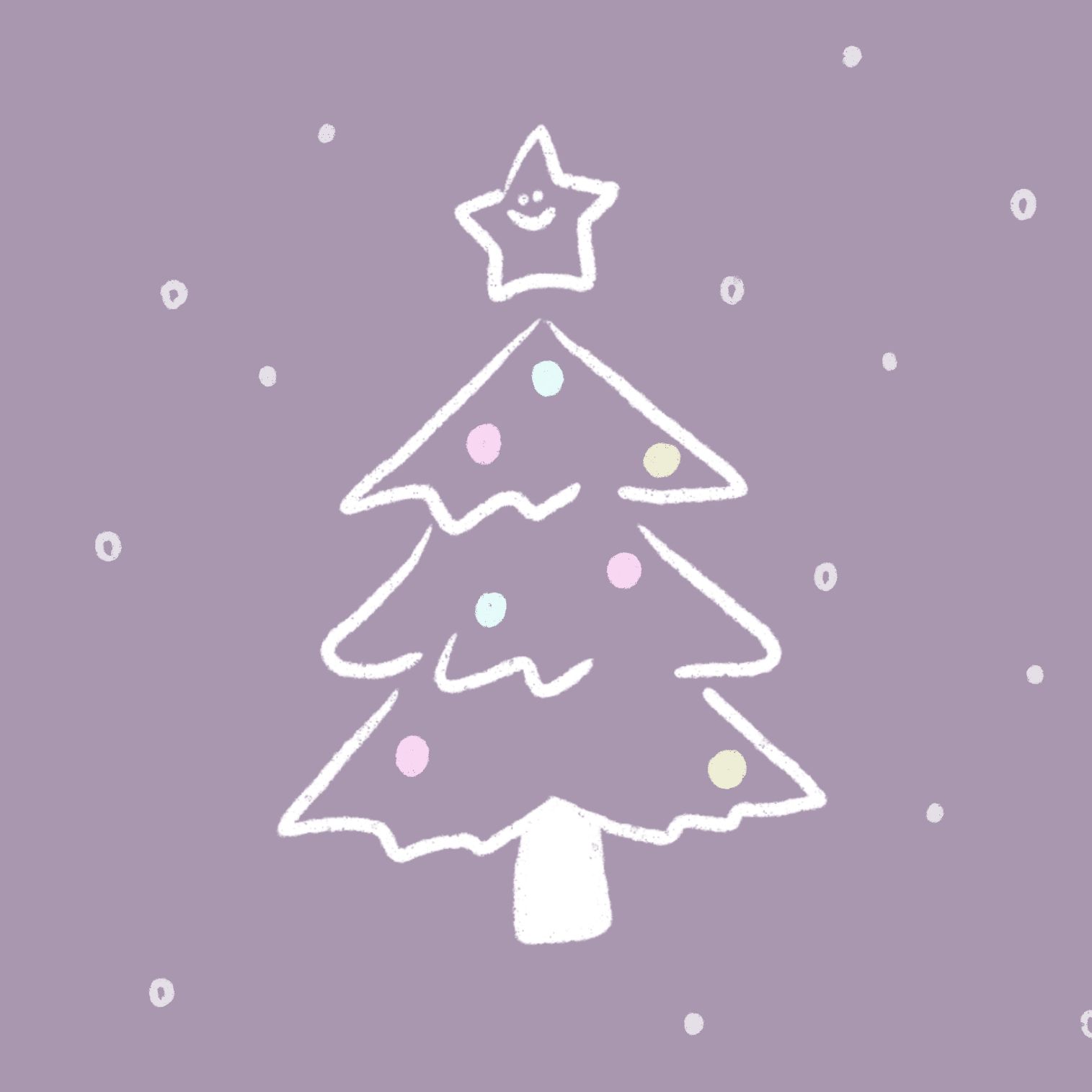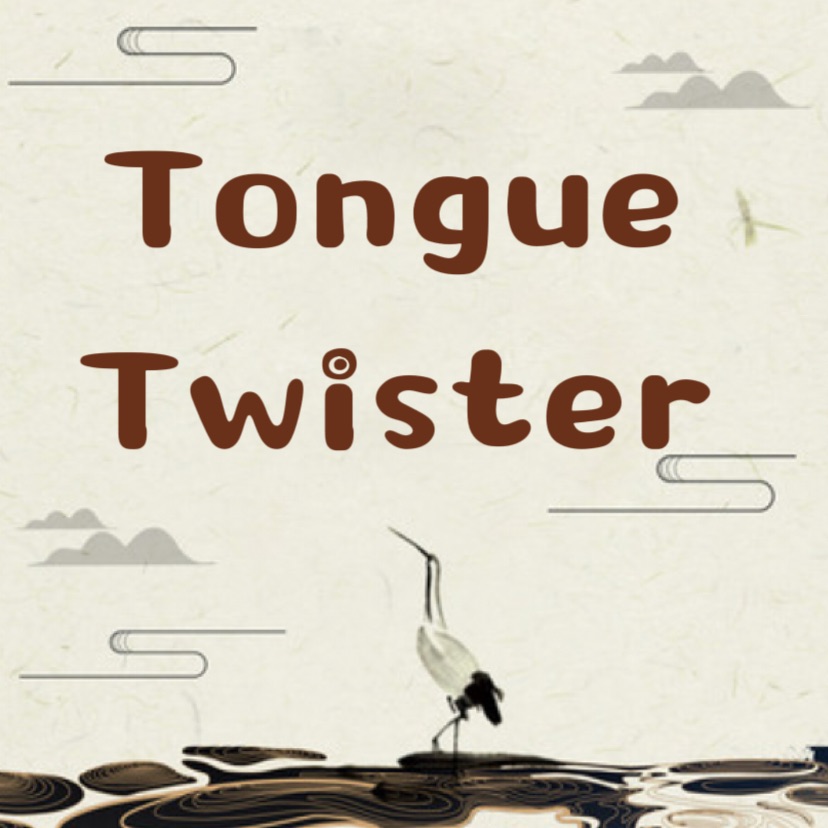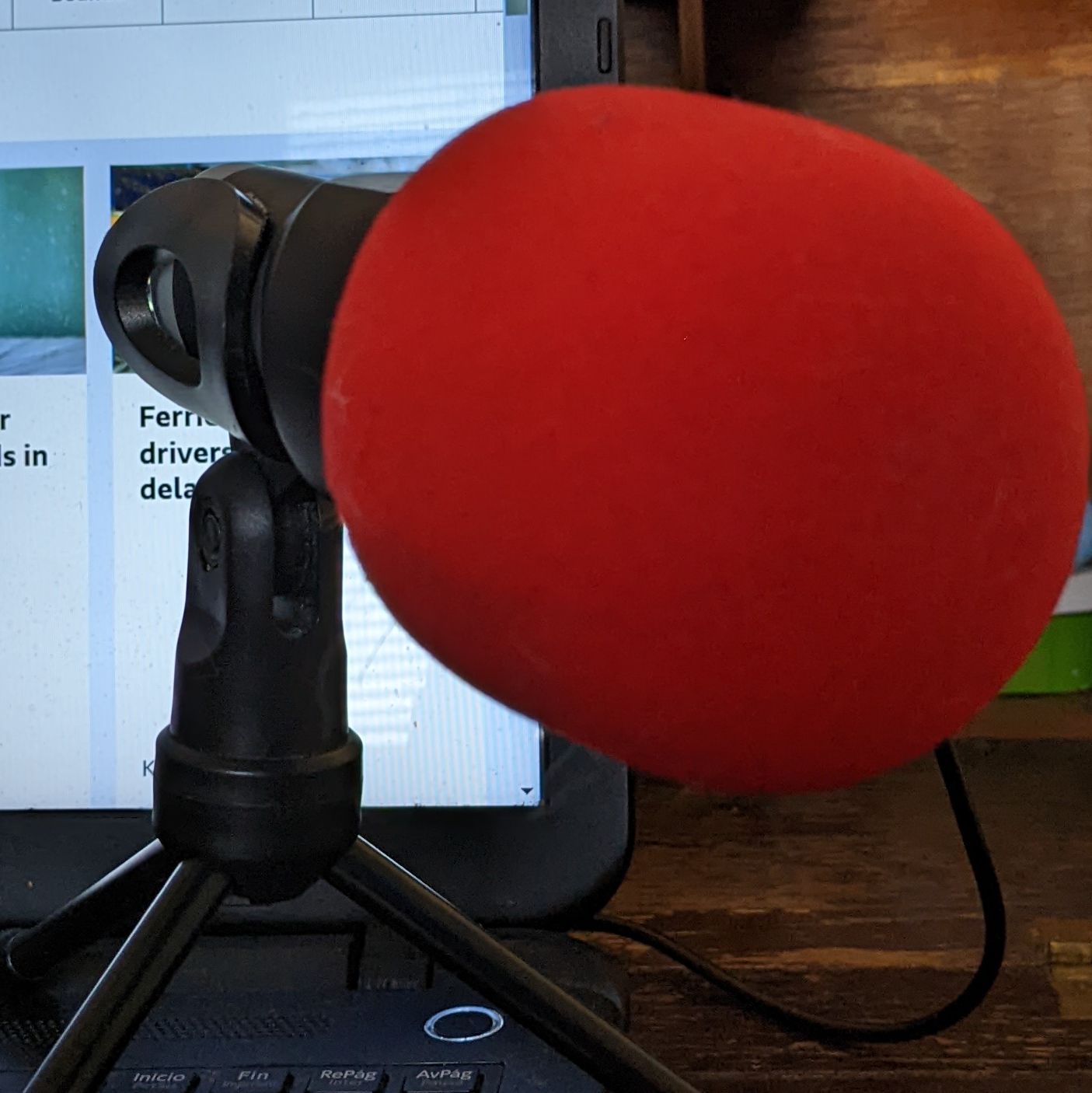
Humpback Whales Use Bubbles to Hunt
Descripción
Some animals have been known to use tools such as sticks, rocks and even bait to hunt for food. And humpback whales have been found using their own unique tool to hunt — bubbles.
A study published in Royal Society Open Science in August observed the hunting behaviors of more than 70 humpback whales in Stephens Passage in southeast Alaska, documenting how the whales blow bubbles to catch more prey.
Humpback whales hunt for krill — small, shrimp-like creatures that are around the same size as a paperclip, and which swim in swarms.
Whales can take in large amounts of krill in one mouthful. And to make this easier, humpback whales trap swarms of krill in "bubble nets" before feeding on them.
The whales create these "nets" by releasing air from their blowhole as they swim in circles below the surface of the water. The bubbles rise in a spiral pattern, which, from above the water's surface, looks more like artwork than a tool for hunting.
The rising bubbles create "curtains" of air around the krill that they are reluctant to swim through, although researchers aren't yet sure why this is. The whales then swim up through the "net" with an open mouth to eat the trapped krill.
The study data showed that as a whale swam in tighter circles and the "net" got smaller, the krill caught inside became, on average, more than seven times denser. This allowed the whales to catch more krill in a single mouthful.
A whale doesn't have to move very fast to create a net or eat trapped krill, allowing it to get more food without using any more energy.
While not many other animals create their own tools to catch prey like the humpback whale, there are examples of animals using other tools to hunt.
For example, chimpanzees have been observed using sticks to dig for bugs, while sea otters use rocks to open mussels. Certain species of heron have even been found to use food as bait to attract fish.
Canal de podcast
Practice Listening, Reading & Comprehension
Autor
Todos los episodios

📍お台場(だいば):Odaiba

Buenos Aires única

Tongue Twisters Series: Practice English intonation and the sounds B, TT, C, Cl, Cr, Sc

내가 경험한 한국의 옷 스타일

Voir vs Regarder (l'histoire de Jean-Pierre)

Colores - Colors in Spanish

Nine drunks 九个醉汉

Where Did Halloween Come from?
Episodios populares

SeikaのTOKYO🗼guide🎧
📍お台場(だいば):Odaiba

Viajando con Facundo
Buenos Aires única

Stairway to English: Short easy to understand episodes to improve your English grammar and fluency
Tongue Twisters Series: Practice English intonation and the sounds B, TT, C, Cl, Cr, Sc

한국의 문화
내가 경험한 한국의 옷 스타일

French Stories For All
Voir vs Regarder (l'histoire de Jean-Pierre)

Spanglish in 3 minutes
Colores - Colors in Spanish

绕口令(Tongue Twister)
Nine drunks 九个醉汉

Teacher Joseph's Podcast
Where Did Halloween Come from?